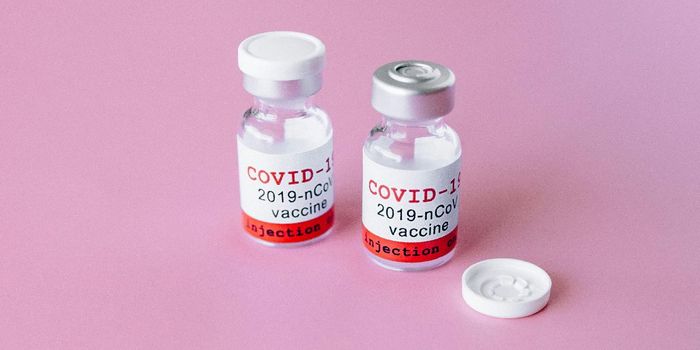New Drug Therapeutic for Portal Hypertension
According to a study published in the journal of the American Gastroenterological Association, drug therapy, called sivelestat, may effectively treat life-threatening liver diseases such as those associated with cirrhosis and in particular lower portal hypertension.

Results of the study concluded by Mayo Clinic researchers have showed that sivelestat, in mouse models and human liver samples, improved symptoms and outcomes for liver disease patients. "This was an exciting confirmation of our findings and their applicability to human disease" says, Dr. Vijay Shah, M.D., a Mayo Clinic gastroenterologist and senior author. "Sivelestat has been safely used in humans with acute lung injury and bronchopulmonary dysplasia. This suggests that sivelestat and similar drugs constitute a potential means to decrease portal hypertension in patients with chronic liver disease."
Current therapeutics are available for certain forms of liver disease, such as hepatitis C and autoimmune hepatitis, however treatments have been limited for treating portal hypertension--a condition associated with cirrhosis and other chronic liver diseases and characterized by an increase in pressure within the portal vein that carries blood from abdominal organs to the liver.
"The study paves the way for developing new drugs and repurposing of existing compounds to target inflammation in the liver driven by disease-related mechanical forces," says Dr. Moira Hilscher M.D., the paper's first author. "Given the increasing prevalence of advanced liver disease due to alcohol and obesity, this is clearly an unmet need."
Specifically, the study showed that sivelestat decreases portal hypertension through the inhibition of the neutrophil function. Neutrophils are critical cells of the immune system that are involved in producing microvascular blood clots known as fibrin which in turn contributes portal hypertension. "Neutrophils had not previously been identified as significant drivers of portal hypertension," says Hilscher.
Results of the study were illustrated in two models of chronic liver disease.
Source: Mayo Clinic








